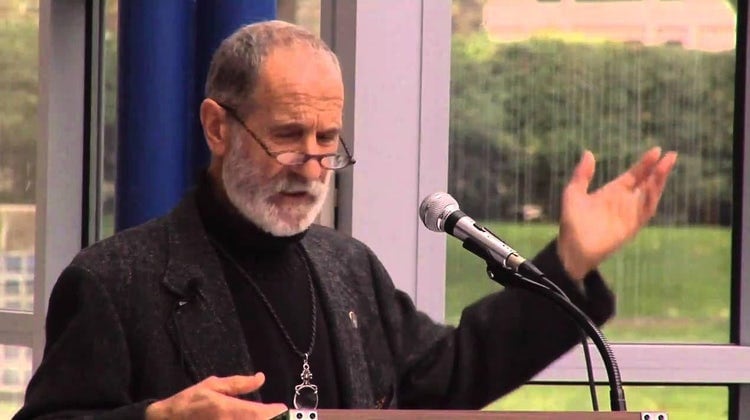
With a new presidential administration and new local government officials taking office across the country, it is a prime opportunity to make real strides to end police brutality and law enforcement corruption.
In addition to passing reforms and new laws, true change will require those inside law enforcement to speak up and encourage accountability within their agencies or departments. Indeed, research has shown that internal whistleblowers are by far the most effective at policing misconduct and making sure wrongdoers are held accountable. This is especially true when it comes to law enforcement agencies.
Brave Law Enforcement Whistleblowers Help Prevent Ongoing Crimes Against Their Communities
As public support for cleaning up law enforcement remains high, law enforcement whistleblowers are more critical than ever.
For example, the Vallejo Police Department was recently been rocked by allegations that officers who killed civilians bent the edges of their badges to “commemorate that they were in an officer-involved shooting,” with each bend “signify[ing] a shooting that they had been in. A Vallejo police captain, John Whitney, pushed the Department to investigate; after a decorated career, including working as a SWAT team commander and obtaining two master’s degrees, Captain Whitney was forced to resign, and has threatened the City with a retaliation suit for his whistleblowing.
When people don’t speak up, the public cannot learn the truth and wrongdoers rarely face justice.
As a counterexample to Captain Whitney’s choice to stand up for accountability, in Summer 2020, the Los Angeles County Sherriff’s Department investigated the killing of 18-year-old Andres Guardado in Summer 2020. Andres was shot in the back as he ran into an alley. Los Angeles County Sherriff’s deputies closed ranks to stop this inquiry; a nearby shop owner alleged that officers destroyed video footage of the incident, and each of the officers involved invoked the Fifth Amendment to avoid testifying at the inquest. A retired Court of Appeals judge who was chosen to conduct the inquest declined to investigate why the detectives invoked the Fifth Amendment. The inquiry ended with no new information and no legal conclusions.
Had anyone been willing to speak up and say what happened to missing video or what the officers had said about the incident, the outcome may have been different.
Problems with the Culture of Silence
Policing experts and former cops confirm that many departments create a culture of intimidation and silence that prevents honest officers from doing the right thing and speaking out.
For example, movie fans will remember the story of Frank Serpico, a New York Police Detective who accused the NYPD of widespread corruption and was almost killed and then, after receiving a Medal of Honor from the Department, moved to Switzerland. (He was later played by Al Pacino in a 1973 movie.) Serpico encourages honest law enforcement officers to be “lamp lighters” (his term for whistleblowers) and illuminate injustices and corruption so they can be fixed:
“A policeman’s first obligation is to be responsible to the needs of the community he serves … The problem is that the atmosphere does not yet exist in which an honest police officer can act without fear of ridicule or reprisal from fellow officers. We create an atmosphere in which the honest officer fears the dishonest officer, and not the other way around.”

![]()
Unfortunately, this culture of corruption and intimidation is often enforced through law enforcement unions, which run the internal grievance process. If a whistleblower has to go to a union representative—another police officer, who is supported by his peers and needs that support to be reelected to a union position—the union representative may not support the whistleblower. This is just one of the ways law enforcement unions can continue this culture of intimidation, and can pressure officers to stay silent.
Legal Protections for Law Enforcement Officers Who Blow the Whistle
Fortunately, the culture of silence is not required by law. Quite the opposite: law enforcement officers who want to shed light on misconduct or corruption enjoy significant legal protections. These include California’s Labor Code
Talk to an Experienced Whistleblower Rights Attorney
If you are a law enforcement officer who has witnessed misconduct or been retaliated against for opposing misconduct, you should contact an attorney to understand your rights. We commend you for doing what’s right in an extremely stressful and scary situation, and we need more law enforcement officers like you.
Our consultations are 100% confidential and are always free. We are experienced at collecting information in a confidential manner, and know how to work with internal agencies and with the press (when appropriate) to share information without putting a target on your back. Your safety will always come first.
If you may have been forced to work without pay, do not hesitate to contact us today through our website or give us a call at (213) 465-4802 to schedule a free consultation.

